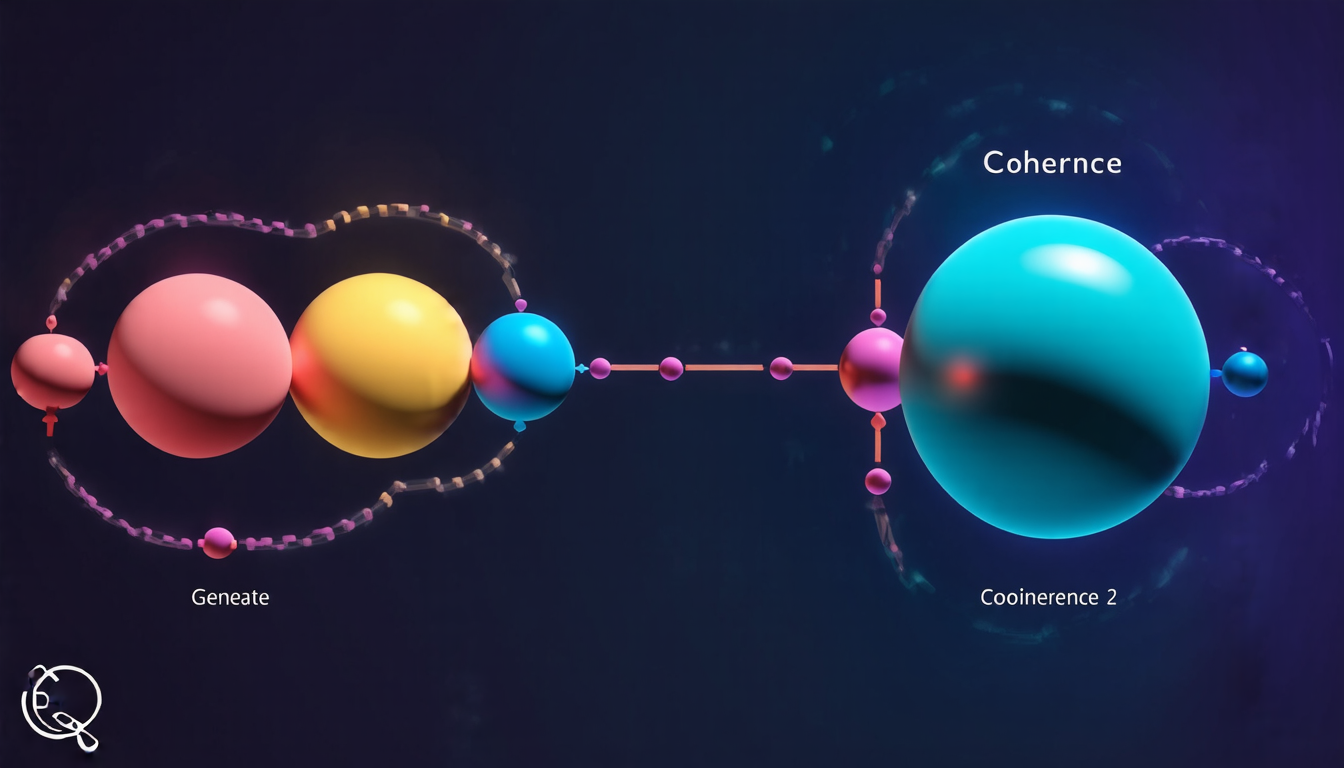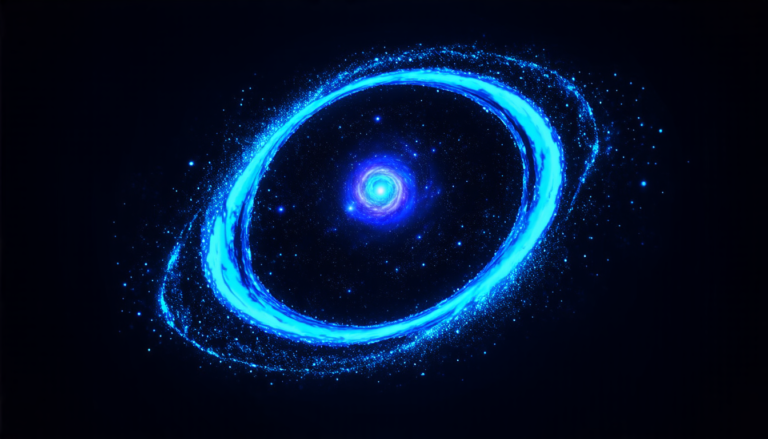Thursday 24 July 2025
The quest for a deeper understanding of quantum mechanics has led scientists down a winding path, filled with twists and turns that challenge our classical notions of reality. One such concept is coherence, a fundamental aspect of quantum systems that has garnered significant attention in recent years.
Coherence refers to the ability of a quantum system to exist in multiple states simultaneously, a property that is both fascinating and frustratingly difficult to grasp. The detection and measurement of coherence have become increasingly important in various quantum information-processing tasks, such as quantum metrology and quantum computing.
Researchers have developed several methods to detect and measure coherence, including the use of witnesses, which are observable quantities that can reveal the presence or absence of coherence. However, these methods often rely on complex calculations and may not be suitable for all types of quantum systems.
A new approach has been proposed by a team of scientists, who have developed a nonlinear detection strategy that can successfully detect coherence in certain situations where traditional methods fail. This method involves applying multiple witnesses to the same quantum system, allowing researchers to extract more information about its coherent properties.
The team demonstrated their approach using several examples, including a class of X states and a GHZ state affected by white noise. They showed that their nonlinear detection strategy can successfully detect coherence in these systems, even when traditional methods would have missed it.
One of the most promising applications of this new method is in the detection of entanglement, a phenomenon where two or more particles become connected in such a way that their properties are correlated. Entanglement is a fundamental resource for quantum computing and cryptography, but detecting it can be challenging due to its fragile nature.
The nonlinear detection strategy developed by the researchers could potentially be used to detect entanglement in systems where traditional methods have failed. This has significant implications for the development of practical quantum technologies, as it would enable researchers to create more robust and reliable quantum systems.
While this new approach is promising, there are still many challenges that need to be addressed before it can be widely adopted. For example, the method requires a high degree of precision and control over the quantum system, which can be difficult to achieve in practice.
Despite these challenges, the development of this nonlinear detection strategy marks an important milestone in the quest for a deeper understanding of quantum mechanics. It demonstrates the power of innovative thinking and collaboration among researchers, and it has the potential to unlock new applications and technologies that could revolutionize our world.
Cite this article: “Detecting Quantum Coherence: A New Approach for Unlocking Quantum Information Processing”, The Science Archive, 2025.
Quantum Mechanics, Coherence, Quantum Systems, Measurement, Detection, Witnesses, Nonlinear Detection, Entanglement, Quantum Computing, Cryptography
Reference: Yiding Wang, Tinggui Zhang, “Notes on detection and measurement of quantum coherence” (2025).







